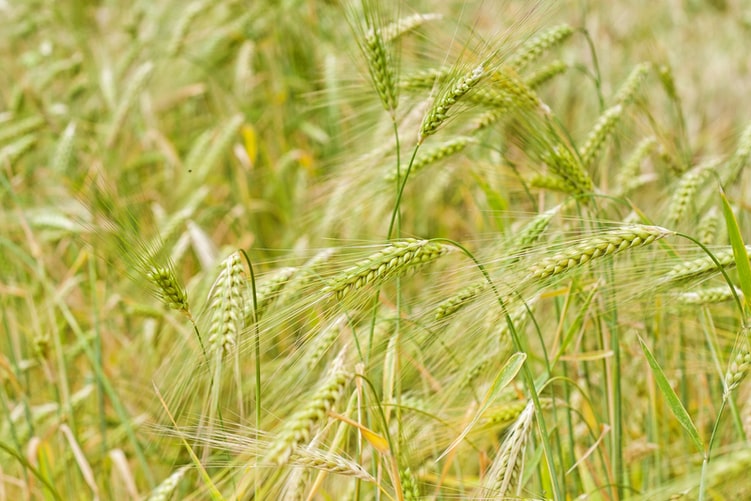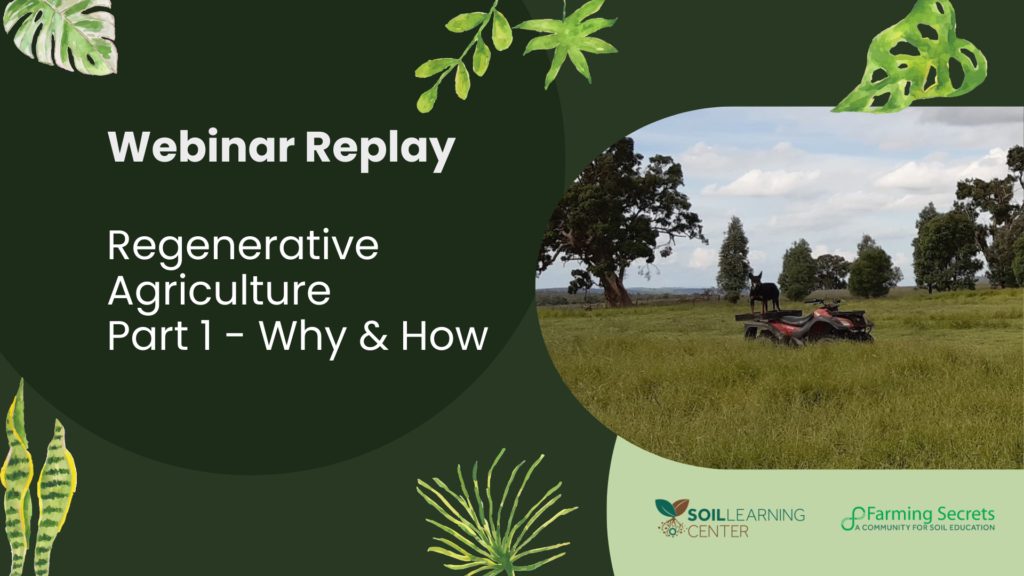How Ecological Farming & Understanding Agroecology Will Create a Thriving Food System For Us All

We often hear about the importance of sustainable & regenerative farming practices, but what does that mean? Sustainable & regenerative farming is the practice of producing food, fibre and fuel in a way that doesn’t damage or deplete the natural resources we rely on. This means using less water, less energy, and importantly fewer chemicals.
When we talk about sustainable farming, we often think about things like solar panels and wind turbines. But regenerative farming goes way beyond that. It’s about working with nature, not against it.
That’s where ecological farming comes in. Ecological farming is a type of agriculture that follows the principles of agroecology.
Agroecology is the study of ecological processes applied to agricultural ecosystems. It combines traditional knowledge with modern science to create more sustainable and efficient ways of producing food. In other words, if we allow nature to do what it naturally does, the system thrives.
There are many benefits to ecological farming, including increased yields, improved soil health, and reduced dependence on toxic chemical inputs. Ecological farmers also tend to be more resilient to changes in the environment, such as floods and droughts. And perhaps most importantly, ecological farming has the potential to help us all create a more reliable food system.
The current food system is broken. It’s polluting our environment, making us sick, and contributing to climate change. But it doesn’t have to be this way. by shifting to ecological farming practices, we can rebuild our food system from the ground up and create a thriving future for everyone.
“We need farmers who understand ecology—not just agriculture. Ecological agriculture is agriculture that works with the laws of nature instead of trying to control it.
There are many reasons why ecological farming is gaining popularity among farmers and food growers around the world. Here are just a few:
1. Ecological farming reduces our reliance on synthetic inputs.
Farmers who practice agroecology use techniques like cover cropping, crop rotation, and composting to build healthy soils that don’t require chemical fertilisers or pesticides. This not only reduces costs for farmers but also helps to protect our waterways and air quality.
2. Ecological farming helps us adapt to climate change.
By working with natural processes, rather than against them, agroecological farms are more resilient to extreme weather events like floods and droughts. They also tend to have a lower carbon footprint than conventional farms, which is another plus in the fight against climate change.
3. Ecological farming supports human health and well-being.
When done right, ecological farming can help to improve our physical and mental health. For example, studies have shown that spending time in nature can help to reduce stress levels while eating nutrient-rich fruits and vegetables can boost our immune system and help prevent chronic diseases like heart disease and diabetes.
4. Ecological farming creates a fairer food system.
By working with small-scale producers who sell directly to consumers, agroecology can help to create a food system that is more just and equitable for all involved. This type of direct market sales often results in farmers getting a better price for their products, while consumers get fresher, more locally grown food.
Everyone is looking around and can see that the current food system is not working, can you see it too?
To learn more about how ecological farms are helping us build a more sustainable future and solve the many problems on your farm and discover about ecological farming check out our course all about it. – >
Use coupon code SAVEOURSOILS to get a surprise discount. (Trust me it’s worth it!)







Responses